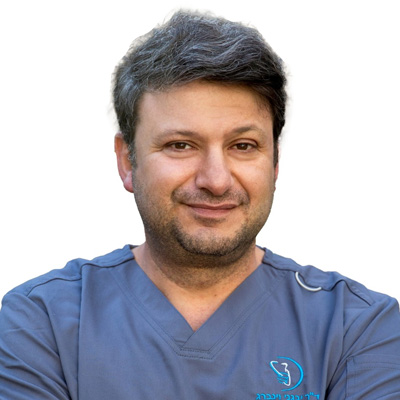Immediately Post-Surgery:
- Start antibiotic therapy as recommended by the dentist.
- Start taking analgesics as recommended by the dentist.
- In addition, for 2 hours following the surgery avoid talking as much as possible as well as eating or drinking.
From 2 to 24 hours Post-Surgery:
- Eat only cold, soft food. Any hot food or drink is to be avoided!
- Any toothbrushing or rinsing of the mouth is to be avoided!
- On the day of the surgery, the saliva may appear to have a pinkish hue and there may be a taste of blood in the mouth. This is part of the process of normal wound healing.
- Any excess saliva should be swallowed and spitting or rinsing of the mouth should be avoided! These actions interfere with the process of blood clotting and encourage bleeding!
- Any strenuous physical activity should be avoided for the first 48 hours.
After 24 Hours Post-Surgery:
- It is important to start twice-daily rinses using a mouth rinse containing CHLORHEXIDINE, rinsing for 30 seconds each time, and this routine should be continued until the time of suture removal.
- Hot or cold food and drink may be consumed, provided that the food is soft, but the surgical site should be avoided when chewing.
- Toothbrushing should be resumed but care should be taken to avoid the surgical site! It is important to maintain meticulous oral hygiene in the areas not involved in the surgery!
In the Days Ahead:
- Normal eating can be resumed but care should be taken to avoid chewing on the surgical site.
- The antibiotic regimen must be followed to completion and without interruption, regardless of the presence or absence of pain.
- Smoking is forbidden! Smoking poses a risk to the success of the treatment and it should be avoided for a prolonged period, as much as possible.
Sutures
- In the event that non-resorbable sutures have been placed in the oral cavity, they must be removed by the dentist 7 to 10 days following the surgery.
Side Effects and Their Treatment
Bleeding
- As mentioned previously, mild bleeding in the first hours following treatment is normal.
- Rinsing the mouth to stop the bleeding is to be avoided!
- If the flow of blood becomes copious, one should place a folded swab of gauze over the surgical site, ensuring that it covers both sides, and apply continuous pressure for 20 minutes.
- If the bleeding has not abated by then, one should contact the dental clinic. If contact is not possible and the bleeding has worsened, one must go immediately to the nearest emergency clinic or hospital emergency ward.
Pain
- Pain is likely to appear as soon as the effect of the local anesthetic has worn off. One can start taking analgesic medication as advised by the dentist and following the instructions for use in the accompanying pamphlet. If the pain has not subsided within 3 days or has become more severe, then one should contact the clinic.
- In cases where there is a flipper type of removable partial denture, one must avoid placing it over the surgical site for a period of 10 days, unless otherwise instructed by the dentist.
Swelling
- Swelling after the surgery is a common side effect. If the swelling is extreme or has not started to go down after about 3 days, then one should contact the clinic.
Special Instructions After Sinus Lift
- Sneezing or blowing of the nose should be avoided for two weeks following the surgery.
- It is common for bleeding to occur from the nostril on the side of the surgery – blowing of the nose should be avoided, and a swab of cotton wool should be used to absorb the blood.
- It is recommended to sleep while propped up with pillows to keep the head elevated.
- Subcutaneous hematomas are to be expected in the facial area and these should disappear within about 10-14 days.
- During the first week after surgery nose drops should be applied to the nostril on the side of the surgery, according to the dentist’s recommendation.
- It is recommended to rest for the first 48 hours and to avoid strenuous physical activity for the first 2 weeks.
- Any activities which are likely to exert pressure on the sinus, such as swimming, diving and flying should be avoided for the first 2 weeks.
It is Important to Attend Follow-Up Appointments as Scheduled by your Surgeon!




